The Essential Guide to Everyday Oils: Unveiling the Health Benefits and Uses in Your Daily Life
Welcome to our blog post on different types of oils we use in our daily life! In this article, we will explore the different types of oils, their effects on the body, and how they can benefit various aspects of our lives. Whether it’s for cooking, skincare, hair care, or overall health, understanding the different oils available and their properties is essential. So let’s dive in and discover the wonders of oils we use!
Different Types of Oils and Their Effects on the Body
Oils, similar to fats, are organic molecules consists of triglycerides. Every time of oil we eat or use on our body contains similar compounds. Each of the oils has its own unique effects on the body.
Let’s discuss the various types of oils we use in our daily life:
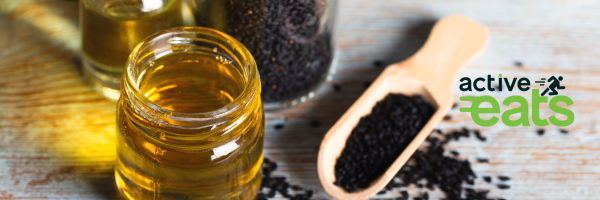
Known for its anti-inflammatory properties, black seed oil can help reduce inflammation in the body and reduced the risk of chronic diseases.

Known for its cleansing and anti-infection properties, coconut oil is commonly used a natural moisturizer as well as it supports digestions and aids in weight loss.
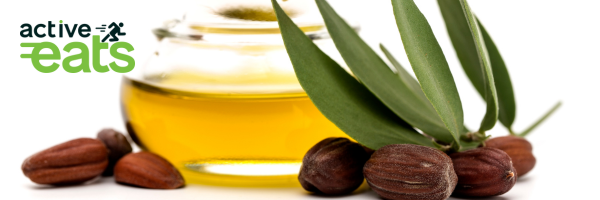
Known for its hair treatment properties, jojoba oil helps in reducing dandruff and prevents premature greying of hairs.
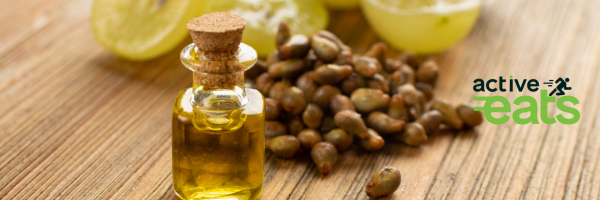
Known for its bone benefits, grapeseed oil increases bone density and aids in blood pressure control.
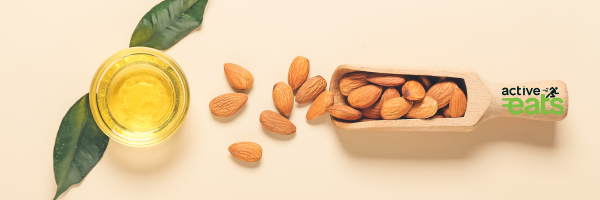
Almond Oil:
High in B-Vitamins, almond oil is cholesterol free oil that contains numerous health benefits including skin nourishing and scalp conditioning.

Rich in omega-3 fatty acids, cod liver oil comes from the liver of cod fish and it is beneficial for heart health and can help reduce inflammation. Also, cod liver oil is rich in Vitamin A and vitamin D.
Similar to cod liver oil, fish oil is also high in omega-3 fatty acids and can promote heart health and reduce inflammation.
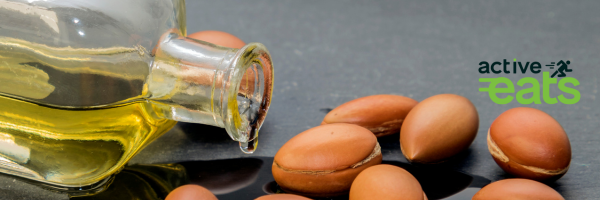
Helps soothe skin irritation, argan oil contains essential fatty acids that supports speedy wound recovery and boost hair moisturisation.
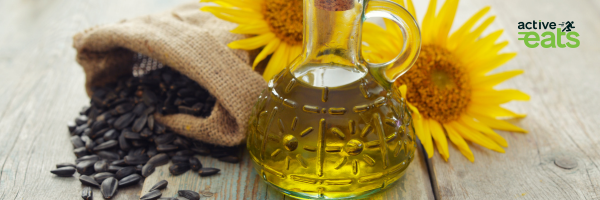
Known for its immunity boosting properties, sunflower oil helps asthma patients and aids in better digestion.
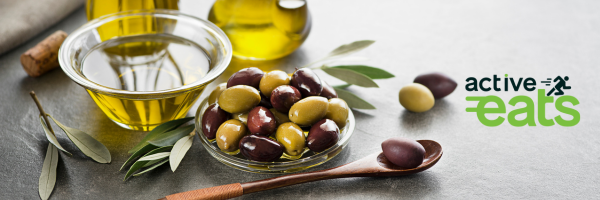
Having high anti-oxidants that aids as anti-bacterial and anti-inflammatory agent, olive oil is very beneficial for stomach, hairs and skin.
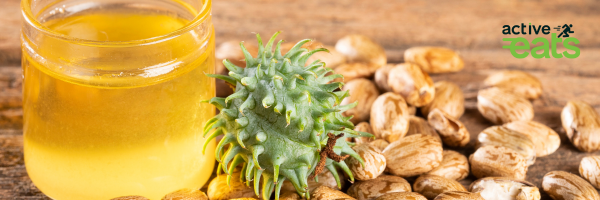
Helps in healing scar marks, castor oil has proven beneficial for skin as well as hair growth. It is a powerful laxative that reduce acne and fights fungal infection.
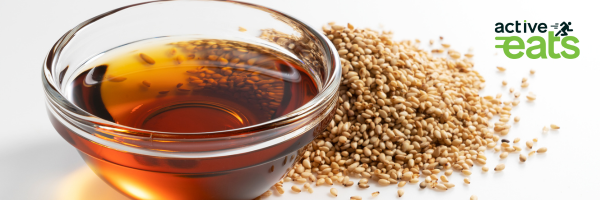
Sesame Seed Oil:
Sesame seed oil is packed with antioxidants and is known for its anti-inflammatory properties.
Understanding the different effects of these oils we use in our daily life can help in fulfilling our specific needs and health goals.
The Benefits of Oils for Hair and How to Choose the Right One
Hairs are made of a protein compound known as keratin. Oiling hairs creates a protective shield around hairs which decreases the loss of this protein. Also, when you oil your hairs, it moisturises your hairs which makes them less prone to breakage as dry and brittle hairs do.
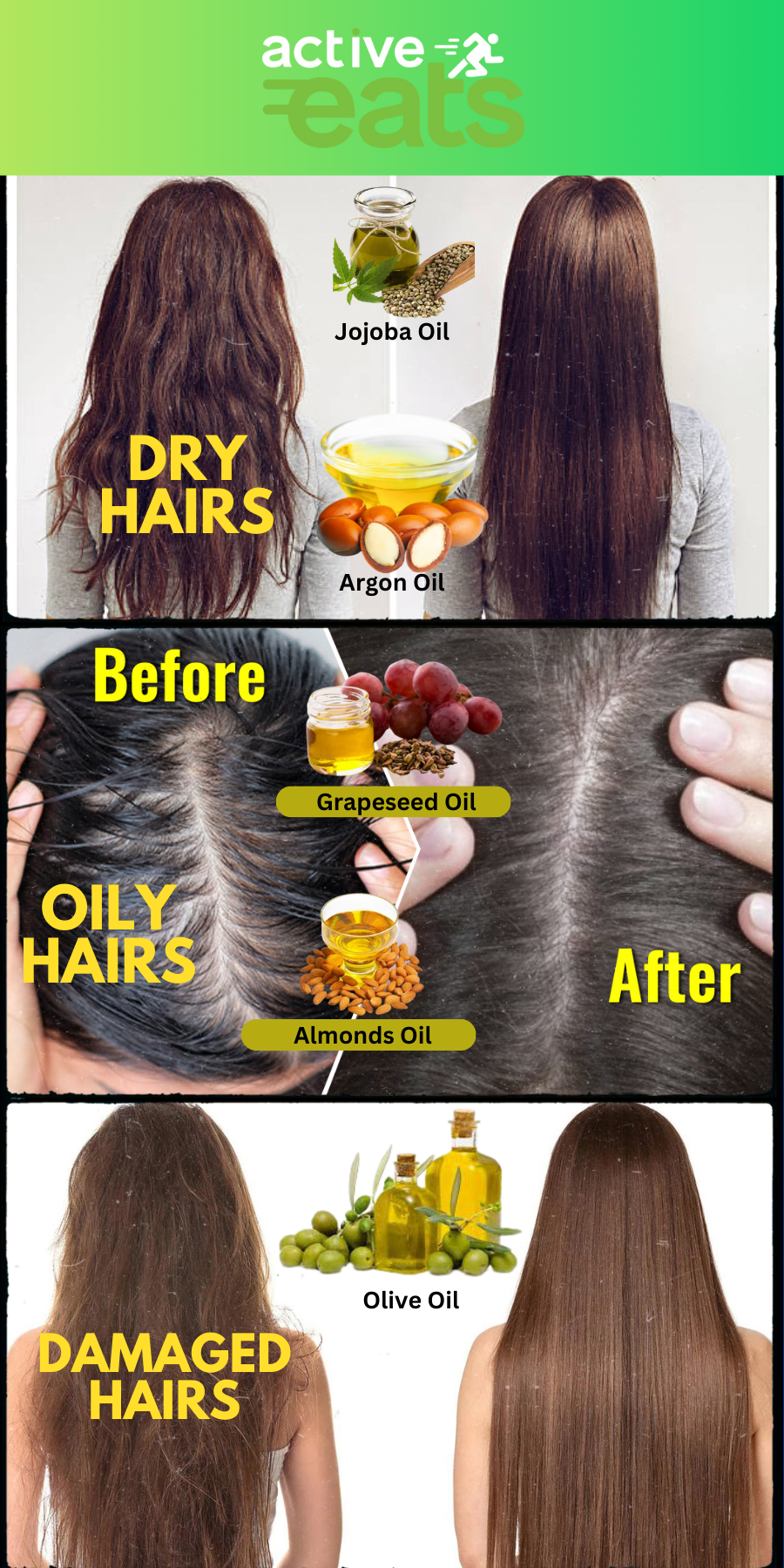
People with curly or textured hairs struggle with hair loss during combing or brushing. Oiling reduces the friction between hair strands leading to decrease in hair loss.
Oils we use for hairs also protect them from harmful UV rays and pollution which damages the hair cells. Oiling creates a protective barrier around hair strands protecting them from becoming weak and brittle.
Also, oils contain many minerals, vitamins and nutrients essential for hair growth and scalp health. These nutrients can help repair damaged hair and promote healthier, stronger strands.
Hence, oils can provide numerous benefits for hair, improving its health and appearance. However, choosing the right oil for your hair type is crucial to maximize its benefits. Here are some key considerations:
Coconut Oil
Coconut oil is a popular choice for hair due to its moisturizing properties. It can deeply penetrate the hair shaft, leaving it soft and hydrated. Additionally, coconut oil has antimicrobial properties that can help combat scalp issues like dandruff.
Argan Oil
Made from fruits of Argan tree, it is known for centuries for numerous health and beauty benefits. Rich in fatty acids, Argan oil helps preserve the moisture in hair. Also, Vitamin E in Argan oil boost shine and reduce fizziness in the hairs. The high Vitamin E content of Argan oil helps in reducing scalp dryness and hence reduces dandruff.
Jojoba Oil
Made from wax extracts of jojoba tree, it contains many essential vitamins and nutrients including Vitamin E, Vitamin C, B-Vitamins, copper and some traces of zinc too. Minerals present in jojoba oil helps in hair thickening and reducing hair fall. Properties of jojoba oil helps it penetrate deep into the hair shaft and provide deep conditioning from within.
Almond Oil
The cellular structure of almond oil is so small that it can penetrate into your hairs at cellular level and helps in healing from damage caused by heat and pollution. Almond oil contains Vitamin B7 and Vitamin E which helps hairs get rich and strong. Also, it helps in protective hair scalp from fungus and yeast that results in dandruff.
Grapeseed Oil
Extracted from grape seeds, it is known for its natural conditioning properties which makes hair shiny and smooth. Presence of fatty acid linoleic acid helps in softens the hair follicles and the rich anti-oxidants properties of grapeseed helps in protecting the hairs from harmful UV rays and pollution.
Olive Oil
Use of olive oil for hairs have proven to be very beneficial as the presence of natural chemicals like linoleic acid, palmitic acid and squalene helps softening hair by preserving hair moisture. It also helps in split ends of hairs getting healed and makes them more manageable.
Cold Pressed Oils
Cold pressed oils we use are generally considered superior for hair compared to hot pressed oils. The cold pressed oils are extracted by mechanically compressing the oil seeds without the application of heat or chemicals. It helps retain the oil’s natural nutrients and antioxidants, making it more beneficial for hair health.
When selecting an oil for your hair, consider your specific hair type and concerns.
Experimenting with different oils and finding the one that works best for your hair may require some trial and error. It’s also important to apply oils sparingly to avoid weighing down the hair or making it greasy. Focus on the mid-length to ends of your hair, where the strands are typically drier and more prone to damage.
Exploring the Best Oils for Cooking and Their Health Benefits
When it comes to cooking, choosing the right oil is essential for both flavor and health. Here are some oils that are not only tasty but also offer numerous health benefits:
Olive Oil
Olive oil is a popular choice for cooking due to its rich flavor and health benefits. It is high in monounsaturated fats, which are considered healthy fats that can help reduce inflammation and improve heart health.
Avocado Oil
Avocado oil is another excellent option for cooking, especially for high-heat cooking methods like frying or sautéing. It has a high smoke point, which means it can withstand higher temperatures without breaking down and releasing harmful compounds. Additionally, avocado oil is rich in heart-healthy monounsaturated fats.
Coconut Oil
Coconut oil has gained popularity in recent years and is commonly used in baking and sautéing. It has a unique flavor and a high smoke point, making it suitable for various cooking methods. While coconut oil is high in saturated fats, studies have shown that the specific type of saturated fats in coconut oil can have health benefits.
Grapeseed Oil
Grapeseed oil is a light and neutral-tasting oil that is great for cooking, particularly for stir-frying and grilling. It contains polyunsaturated fats, which are heart-healthy and can help lower cholesterol levels. Grapeseed oil also has a high smoke point, making it a versatile option for different cooking techniques.
Oils we use in cooking not only adds flavor but also provides additional nutrients and health benefits. It’s important to choose oils that are suitable for the cooking method and align with your dietary preferences. Experiment with different oils to find the ones that work best for your taste and overall health.
Achieving Radiant Skin: The Power of Oils for the Face
Applying oils to the face can help moisturize and nourish the skin. Different oils we use on our face have different benefits for the skin.
- Jojoba oil: Jojoba oil is commonly used for its moisturizing and anti-aging properties. It is similar in composition to sebum, the natural oil produced by our skin, making it easily absorbed and non-greasy.

- Rosehip oil: Rosehip oil is rich in vitamins and antioxidants, making it excellent for reducing scars, evening out skin tone, and promoting a youthful complexion.
- Argan oil: Argan oil is known for its hydrating and nourishing properties. It can help improve the elasticity of the skin and reduce the appearance of fine lines and wrinkles.
- Tea tree oil: Tea tree oil has natural antibacterial properties, making it great for treating acne-prone skin. It can help reduce inflammation and kill bacteria that contribute to breakouts.
Using oils for the face can help improve the overall appearance and texture of the skin, leaving it radiant and healthy.
Unleashing the Power of Essential Oils and Their Effects on the Mind and Body
Essential oils have various effects on both the mind and body. These concentrated plant extracts have been used for centuries for their therapeutic properties and can be utilized in various ways for overall well-being.
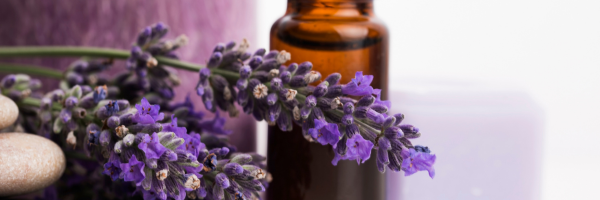
Lavender oil is one of the most popular essential oils known for its calming properties. It has a soothing fragrance that helps promote relaxation and can assist in reducing stress and anxiety. Additionally, lavender oil may aid in better sleep by promoting a sense of tranquility.
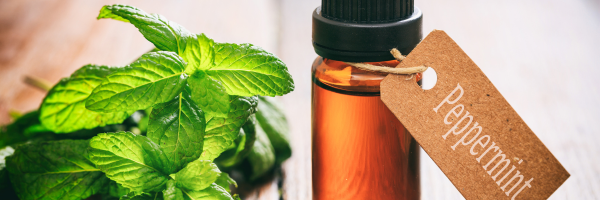
Peppermint oil has invigorating properties that can help boost energy levels and increase alertness. Its distinct scent provides a refreshing and cooling sensation, making it a popular choice for aromatherapy. In addition, peppermint oil may help relieve headaches and improve focus and concentration.

Chamomile essential oil provides calming effects, reducing stress and anxiety. It aids in promoting better sleep and easing insomnia. This oil has anti-inflammatory and skin-soothing properties, helpful for skin irritations. Additionally, it may alleviate digestive discomfort and menstrual cramps.

Ylang-ylang essential oil offers mood enhancement, reducing stress and anxiety. It may improve sleep quality and boost libido. This oil has potential anti-inflammatory and skin-soothing properties, benefiting skin health. It can also assist in lowering blood pressure.
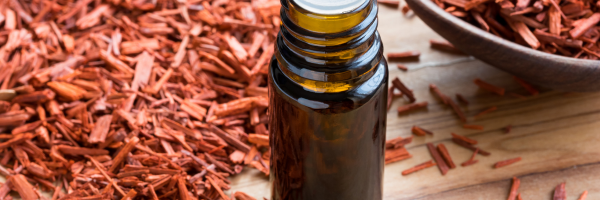
Sandalwood essential oil is renowned for its calming properties, reducing anxiety and promoting mental clarity. It’s used in meditation for grounding and relaxation. It may soothe skin irritations, with potential anti-inflammatory benefits. Additionally, it can support emotional well-being and enhance focus.
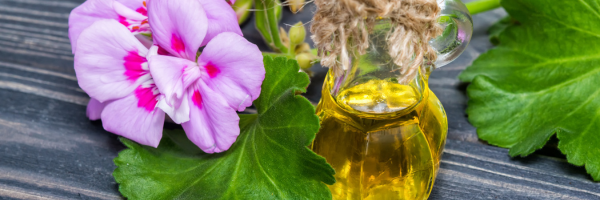
Geranium essential oil offers a range of benefits, including mood elevation, stress reduction, and emotional balance. It’s used in skincare for its potential to soothe and rejuvenate the skin. Geranium oil may also help alleviate menstrual discomfort and support overall well-being.
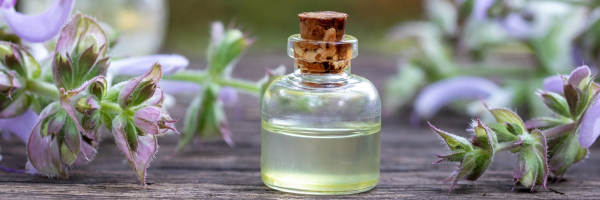
Clary sage essential oil is known for its calming effects, reducing stress and anxiety. It may alleviate menstrual discomfort and support hormonal balance. It’s also used for skincare due to its potential to reduce inflammation and balance oil production.
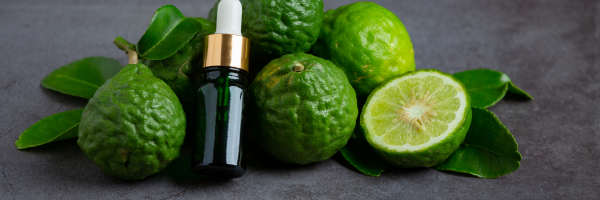
Bergamot essential oil offers mood enhancement and stress reduction, promoting a positive outlook. It can help alleviate symptoms of anxiety and depression. Bergamot oil is also used for skincare due to its potential to reduce acne and promote healthy skin.
Remember, essential oils are highly concentrated, and it’s important to use them responsibly. Always follow proper dilution guidelines and consult with a qualified aromatherapist or healthcare professional before use.
Understanding the Relationship Between Oils we Use and Health
Certain oils we use, such as olive oil and fish oil, are beneficial for heart health. These oils can help reduce cholesterol levels and improve overall heart function. Right amount of omega-3 present in these oils help generating HDL Cholesterol also known as good cholesterol which helps unclog the arteries from LDL cholesterol.
Consuming a balanced amount of healthy oils can contribute to a healthy heart. It is important to consult with a healthcare professional to determine the right amount and type of oil for heart health.
Conclusion
In conclusion, it is important to understand the different types of oils we use and their effects on the body. Black seed oil, cod liver oil, fish oil, and sesame seed oil each offer unique benefits for our health. Oils can also be beneficial for our hair, with coconut oil being a popular choice for its moisturizing properties. When it comes to cooking, oils like olive oil and avocado oil provide both flavor and health benefits. For our skin, applying oils can help nourish and moisturize, with jojoba oil being a popular choice.
Additionally, essential oils have various effects on our mind and body, offering relaxation, stress relief, and mood enhancement. When it comes to heart health, certain oils such as olive oil and fish oil can help reduce cholesterol levels and improve heart function. However, it is always important to consult with a healthcare professional to determine the right amount and type of oil for your specific needs. By understanding the different oils and their effects, we can make informed choices to improve our overall well-being.

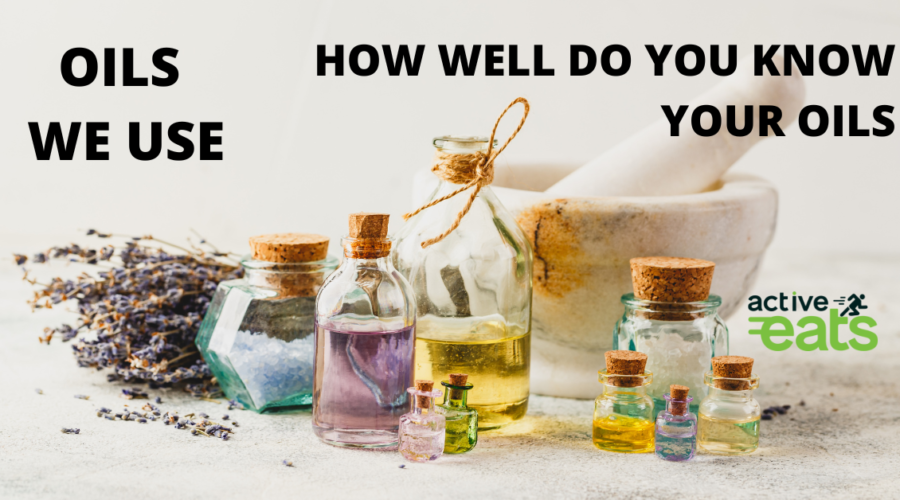
Unveiling the Wonders: Benefits of Geranium Essential Oil | Coach Active Eats
[…] Similarly there are various other essential oils having highly beneficial properties in our other article. […]